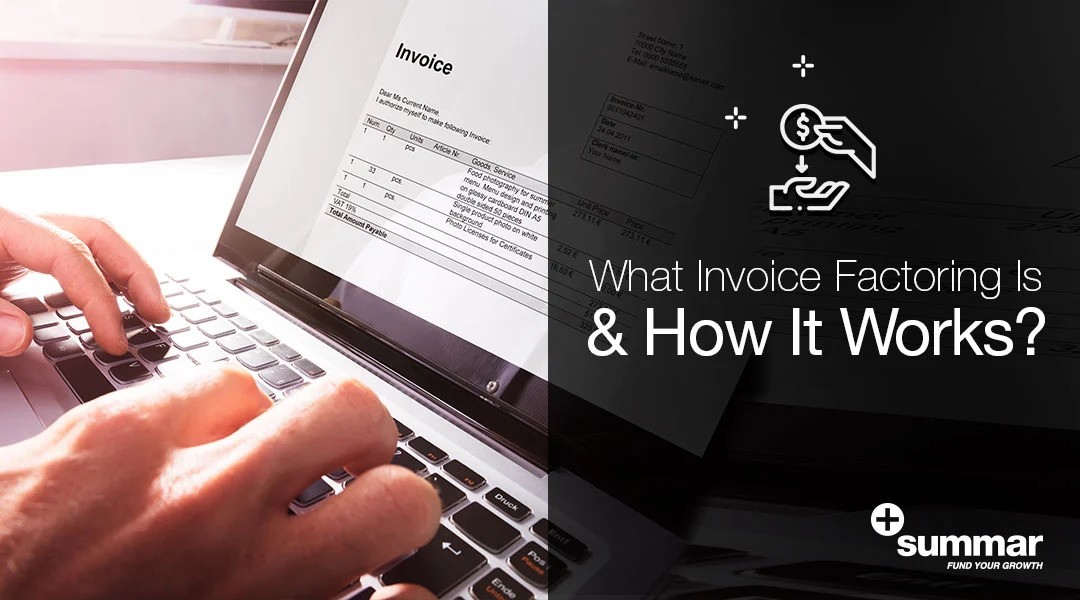Going into business for yourself is a big deal. There’s always a long to-do list and if you’re not making money, your business is more of a hobby. Properly managing and organizing your small business finances can contribute to the success of your business and make sure you’re hitting your profit goals. There are plenty of ways to organize your small-business finances depending on what your goals are.
Here are seven key steps to consider:
Keep a separate bank account
As soon as your small business starts making money, you’ll need to separate your finances. You can avoid problems by simply opening a separate bank account for your business. If you have an Employer Identification Number, you can open up a business bank account, or you can just open a separate personal account and treat it like a business account. Allow your income to filter through that account and you can pay all your expenses from that account. Each month you’ll receive a statement and it will be easier to keep track of your cash flow.
Consider how you’ll receive payments
You want to make receiving payments a smooth and easy process. To do that, you need to determine how you’ll accept payments. Making this choice depends on how your business works. If you’re providing a service, you may want to send invoices out regularly. If you’re selling products, you may want to accept credit card payments at your location or set up an online cart option for your website. Compare options and consider how much the fees will be to find the right solution for you.
Track your income
It’s important to know how much you make. You can track your income, monthly, weekly, or even daily so you can better understand how much money you’re bringing in. Using a spreadsheet is a good way to track your income and break it down into categories that represent the different streams of income your business has.
If you use invoicing or bookkeeping software, you can also use a program to help you track your business income. Another benefit of tracking your income is that it allows you to monitor things better so you can determine if and how the numbers fluctuate. If you have a specific income goal, you’ll want to start tracking your income regularly as well.
Track and audit your expenses
If you’re going to track your income, you need to track your expenses as well. Entrepreneurs have important expenses that must be paid to keep the business running. You can deduct some of your business expenses from your taxes and this will lower your taxable income. It will also lower the amount of money that hits your pocket. As a result, most business owners net a lower income than what they gross. You can track your expenses the same way you track your income, doing this will allow you to audit your expenses regularly as well so you can make sure you’re not overspending on unnecessary costs.
Protect your small business finances
Each business requires its level of protection, but you may want to consider getting some insurance or establishing an LLC or an S-Corp, it would allow you to separate your business identity and finances from your finances.
For example, if you ever had to undergo any legal issues, your personal property and assets would not be liable. Be sure to renew any important certifications or licenses you need to remain compliant with by adding them to your calendar. Protecting your business is the best way to ensure any financial issues that may affect your business don’t pour into your assets.
Sort hard copies and digitize them
Try to digitize most of the financial paperwork for your business to stay organized. You can save documents digitally and protect them by using a third-party secure service. You don’t have to store everything on your computer and probably shouldn’t for security reasons. If you prefer to keep some hard copies, be sure to sort through them and organized them in a file cabinet. You’ll want to keep track of important paperwork like:
- Accounting and bookkeeping records
- Bank records
- Contracts, including leases and purchase agreements
- Trademark applications and patents
- Permits and licenses
- Employee records
Schedule regular money meetings
It’s important to schedule time to sit down and go over your business finances regularly. Your income and expenses will fluctuate, so it’s best to stay on top of things by checking in often. Add a weekly finance meeting to your calendar so you can stay organized and avoid falling behind on things. When you fall off the wagon with your business finances, it makes it difficult to stay productive and understand what’s truly going on with your situation. This can allow burdens like debt to creep in and deter you from financial success with your business.
These basic seven starter steps will help you get on track and better organize your small-business finances. You can also do other things like creating a business budget, getting accounting software or finding alternative financing solutions such as invoice factoring.





